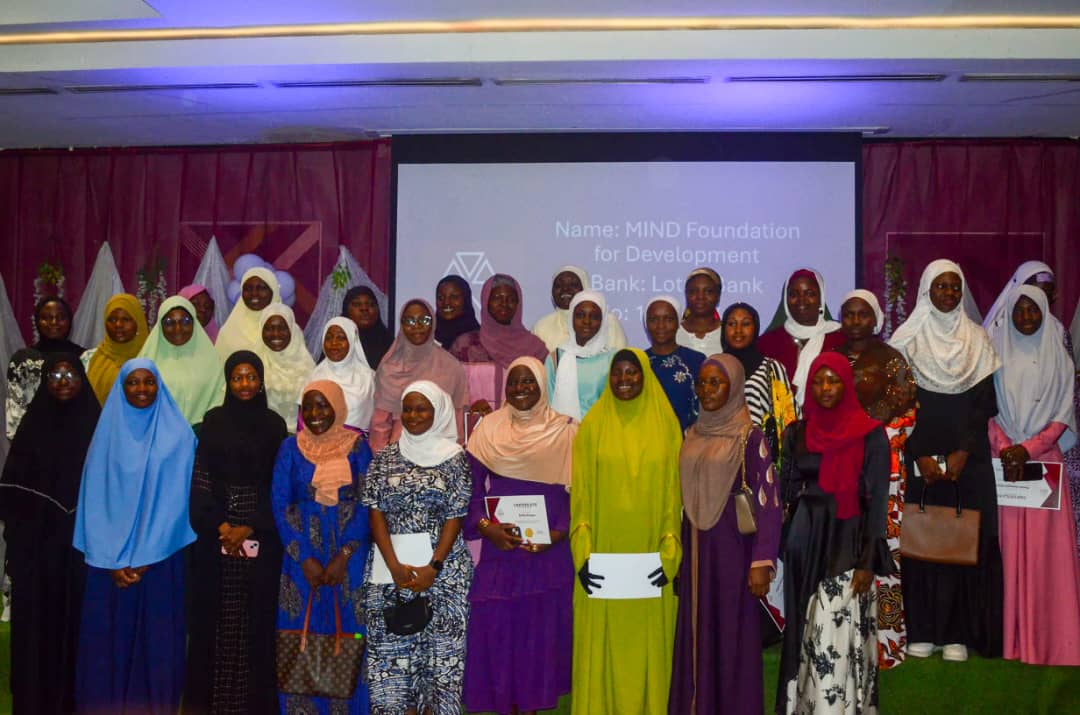Stakeholders in Nigeria’s education sector have raised serious concerns over the continued exodus of first-class graduates and highly qualified lecturers from the country’s university system, citing poor remuneration, lack of incentives, and a deteriorating academic environment as major push factors.
The alarm was sounded during a special reception organised by the MIND Foundation to honour outstanding Muslim first-class graduates across various institutions. The event, held in Lagos, brought together education advocates, religious leaders, policymakers, and academic professionals, who used the occasion not only to celebrate academic excellence but also to draw attention to the deepening crisis in Nigeria’s tertiary education sector.
Speakers at the event lamented the fact that many brilliant graduates, including those who would have traditionally pursued careers in academia, are now leaving the country or turning to the private sector where financial rewards and career prospects are far more attractive. This trend, they noted, is depleting the intellectual base of Nigerian universities and threatening the quality of education for future generations.
According to participants, it is not uncommon for first-class graduates to shun postgraduate study offers due to the unattractive conditions faced by lecturers, including low salaries, poor research funding, lack of infrastructure, and unstable academic calendars caused by frequent strikes. Many warned that unless the government takes urgent steps to reform university remuneration packages and restore dignity to the teaching profession, the brain drain will continue at an alarming rate.
The MIND Foundation’s event, while celebratory in tone, ended on a sobering note as a consensus emerged among stakeholders that Nigeria risks undermining its own development goals if its brightest minds are continually pushed out of academia due to systemic neglect.
The foundation urged the federal and state governments to prioritise education by creating policies that incentivise academic excellence and retain top talents within Nigerian institutions. Recommendations also included competitive salary structures, investment in research, and the creation of clear career progression paths for lecturers.
As Nigeria grapples with broader challenges in its education sector, the call for immediate reforms in university staffing and reward systems has never been more urgent. Without decisive action, stakeholders warn, the country could soon face a severe shortage of competent lecturers—especially in critical fields—at a time when global economies are investing heavily in knowledge and innovation.

